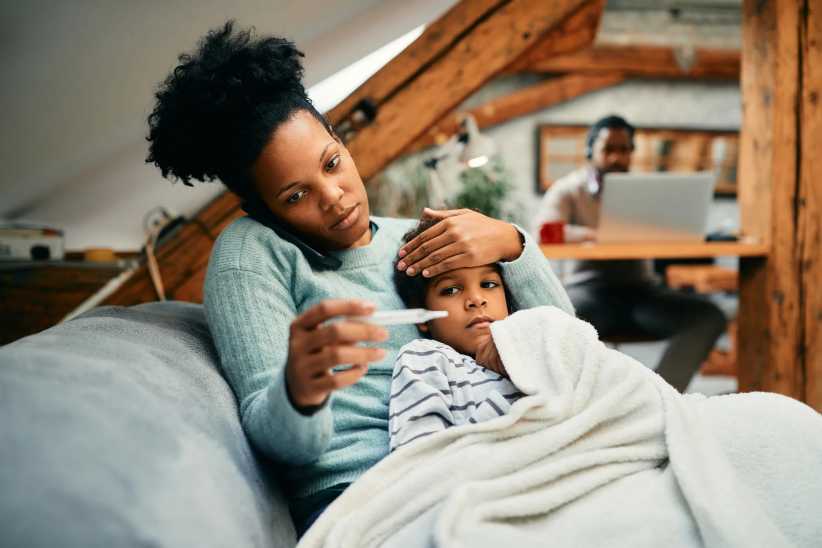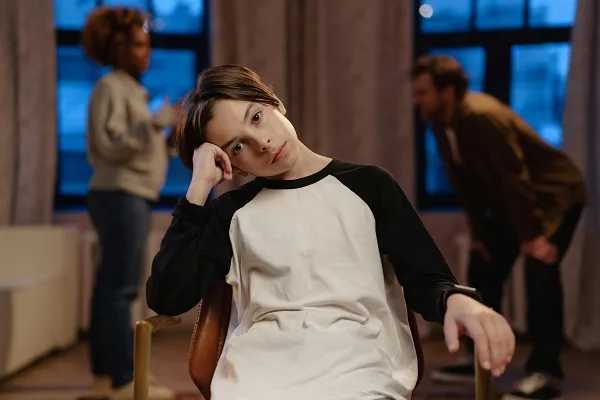The human papilloma virus is a sexually transmitted infection that is so common, nearly every sexually active person will eventually contract one of the 40 types at some point in their lifetime. Yet, the vaccine is not always being enthusiastically recommended by doctors, despite the proven safety of the vaccine. Less than 42 percent of those eligible to receive the vaccine got it last year, and of those girls that received the first vaccination, less than a third of them received all three.
But here’s the scary truth: the Center for Disease Control estimates that more than 80 million people in the United States have the virus, and another 14 million people will contract it in the next year. Even worse, more than 17,000 women and 9,000 men will develop cancers caused by it in a given year.
Why should you talk to your doctor about human papilloma virus vaccinations for your teen or tween?
It’s so common: This virus is incredibly prevalent, with more than 40 strains that cause a variety of issues, from genital warts to cervical, anal, penile, and oral cancers. In some cases, it will go away on its own. However, not generally so in the strains that cause cancer.
It’s safe: The vaccine has been tested and proven to be safe. More importantly, immunization can significantly reduce rates of human papilloma virus-related cancers later in life for women and men. The Center for Disease Control estimates the US could reduce 50,000 cases of cervical cancer if the vaccination rate of girls rose to 80 percent. As with all vaccines, some people should not get the vaccine. Be sure to read the vaccine information sheet for more information. (www.cdc.gov/vaccines/hcp/vis/vis-statements/hpv-gardasil.pdf)
Boys benefit, too: Recent studies show men benefit indirectly when girls are immunized. Boys still need the immunization to prevent them from developing related cancers, but an increase in girls vaccinated would actually help in the reduction of related cancers. A study by the Dutch in May 2015 provided statistical data predicting how cancer levels would change if more girls and boys are vaccinated. An increase in the vaccination of girls (at a rate of 90 percent vaccinated girls) would reduce the number of related cancers in men by about 37 percent. The numbers would drop even more drastically if more boys receive the vaccination.
The risk of cervical cancer: The overwhelming amount of related cancers in adults is cervical cancer. The Center for Disease Control recommends girls ages 11 to 12 get the vaccine to help prevent cervical cancer.
So many human papilloma virus-related issues can be prevented if parents and doctors are talking about the vaccination and starting the vaccination program when their children are 11 or 12 years old. According to the Centers for Disease Control, the goal of the vaccine program is to prevent infection of the cancer causing strains of human papilloma virus. To do this, it’s necessary to immunize teens and tweens before they become sexually active.
The United States has three vaccines available: Cervarix, Gardasil, and Gardasil 9. The vaccine program includes a series of three shots over six months. Data from research shows that Gardasil and Gardasil 9 have been shown to protect against genital warts and anal cancer in both men and women.
More information for you and your tween/teen on the HPV vaccine:
• http://www.gardasil.com/hpv-and-your-child/what-is-hpv/
• http://www.cancercenter.com/cervical-cancer/cervical-cancer-vaccine/
Alexa Bigwarfe is a freelance writer and mother of three children. Her area of expertise is infant and children’s health topics.
SOURCES: Karen Canfell, D.Phil., director, cancer research division, Cancer Council NSW, Sydney, Australia; Dr. Hans Bogaards, research scientist, National Institute for Public Health and the Environment, Bilthoven, the Netherlands; May 12, 2015, BMJ, online.











